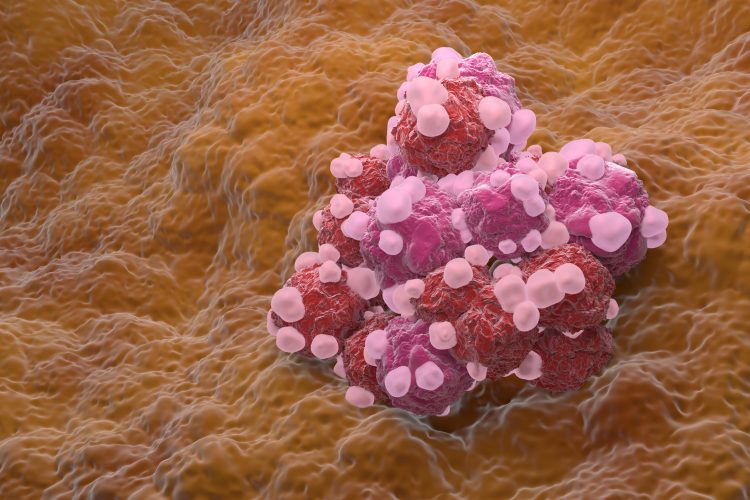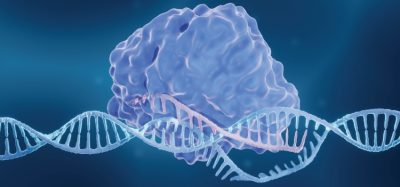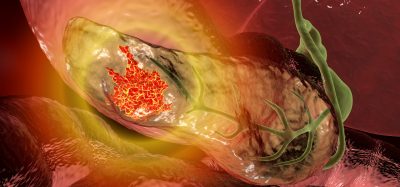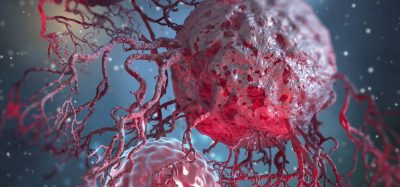Ovarian cancer: CBR-5884 demonstrates promising antitumour effects
Posted: 16 May 2024 | Drug Target Review | No comments yet
In assays and patient-derived organoids, the small molecule inhibitor CBR-5884 successfully treated epithelial ovarian cancer.

Researchers from the Southern Medical University and Guangzhou Women and Children’s Medical Center at Guangzhou Medical University have discovered that a small molecule inhibitor named CBR-5R884 inhibits overactive serine metabolism and one-carbon unit metabolism in epithelial ovarian cancer cells. In organoid models, as well as in vitro and in vivo investigations, CBR-5884 showed significant antitumour effects.
Globally, ovarian cancer (OC) is one of the most prevalent malignant tumours affecting the female reproductive system, with epithelial ovarian cancer (EOC) constituting over 90 percent of all cases. The heterogeneity of ovarian cancer, as well as the limited efficacy of first-line chemotherapy, makes it a challenging disease with a dire need for more effective treatment.
CBR-5884 inhibits PHGDH, a key enzyme in the serine biosynthesis pathway. It is highly expressed in OC, and its abnormal activation promotes tumour progression. When PHGDH is knocked down, it inhibits the metastatic ability and stemness of EOC cells, indicating that this could be a potential strategy for treating OC.
Alongside human cell assays, patient-derived organoids (PDOs) were used. PDOs have become important preclinical systems for assessing drug responses and efficacy. Treatment with 250 μM or 500 μM CBR-5884 for 72 hours showed an obvious dose-dependent inhibition of viability in EOC PDO cells. The researchers also conducted immunofluorescence detection of intracellular ITGB4 expression levels and discovered that treatment with high concentrations of CBR-5884 significantly downregulated ITGB4 expression in those PDO cells, which matched the results in EOC cell lines.
The study suggests that CBR-5884 could be a promising therapeutic for ovarian cancer, particularly when the cancer cells have elevated PHGDH levels, overcoming the difficulties associated with conventional therapies. More research is required to determine whether CBR-5884 induces inflammation, as well as its effect on the immune system or immunotherapy.
This study was published in Discover Oncology.
Related topics
Cancer research, In Vitro, In Vivo, Organoids
Related conditions
Cancer Research, epithelial ovarian cancer (EOC)
Related organisations
Guangzhou Medical University, Southern Medical University







